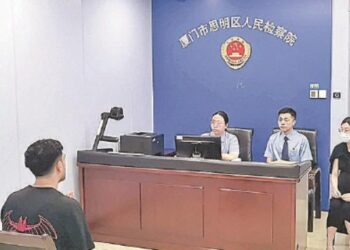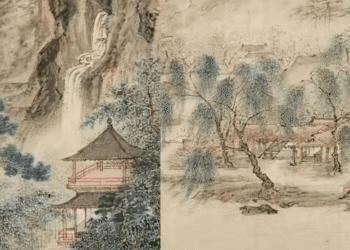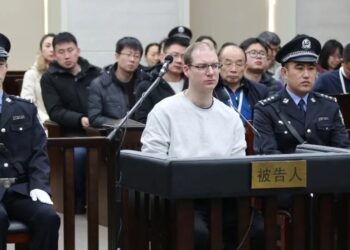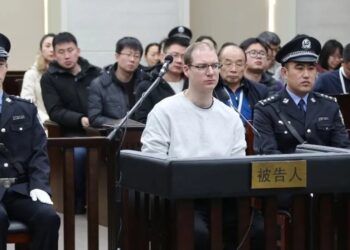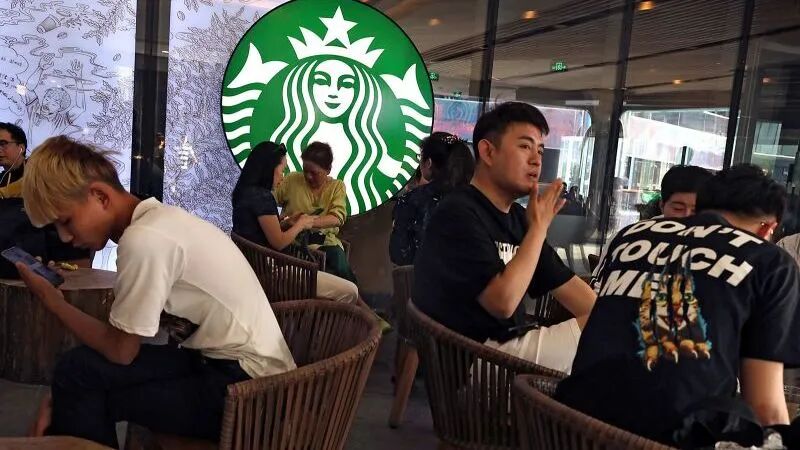
Beijing, Nov. 5 (Reuters) –Starbucks announced on Monday a landmark deal to offload up to 60% of its China retail operations to private equity firm Boyu Capital, valuing the transaction at $4 billion. The partnership will see the two companies jointly manage nearly 8,000 storesacross China through a newly formed joint venture, with Starbucks retaining ownership of its brand and intellectual property while licensing them to the venture.
According to a company statement, the deal positions Starbucks’ China retail business to achieve a total valuation exceeding $13 billion—factoring in the sale proceeds, its remaining 40% stake, and projected licensing fees over the next decade.
“This strategy merges Starbucks’ global brand strength, coffee expertise, and iconic ‘third place’ experience with Boyu’s deep understanding of the Chinese market,”said CEO Brian Niccol. He confirmed the joint venture is slated for completion by early 2026.
Starbucks’ Long Bet on China
Starbucks entered China in 1999, introducing coffee culture to a tea-drinking society where the concept was nearly nonexistent. Over time, as China’s middle class expanded and embraced Western luxury brands, Starbucks thrived. Today, China is the company’s second-largest market, contributing roughly 8% of global revenue, with 7,828 storesas of June 30—still dwarfed by the 17,230in the U.S.
Challenges Amid Rising Local Competition
Yet, shifting consumer preferences have tested Starbucks’ dominance. Cost-conscious Chinese shoppers are increasingly favoring domestic rivals like Luckin Coffee, ChaGee, and HeyTea, which offer innovative drinks (e.g., coconut milk lattes, cheese-foam bubble teas) at aggressive discounts. Meanwhile, Starbucks has avoided direct price competition, leading to weaker same-store salesand a shrinking market share.
Niccol’s Turnaround Struggles
The China headwinds compound challenges for Niccol, who has focused much of his first year as CEO on revitalizing the U.S. business. Though he claims progress, Starbucks’ stock has dropped 17%over the past year. In September, the company laid off 900 corporate employeesand closed 600+ underperforming stores.
While global revenue rose 5.5% year-over-year to 133 million. China remains a critical test: Niccol recently acknowledged the need to “chart a sustainable growth path”in the market, hinting that a strategic partner like Boyu could be key.

